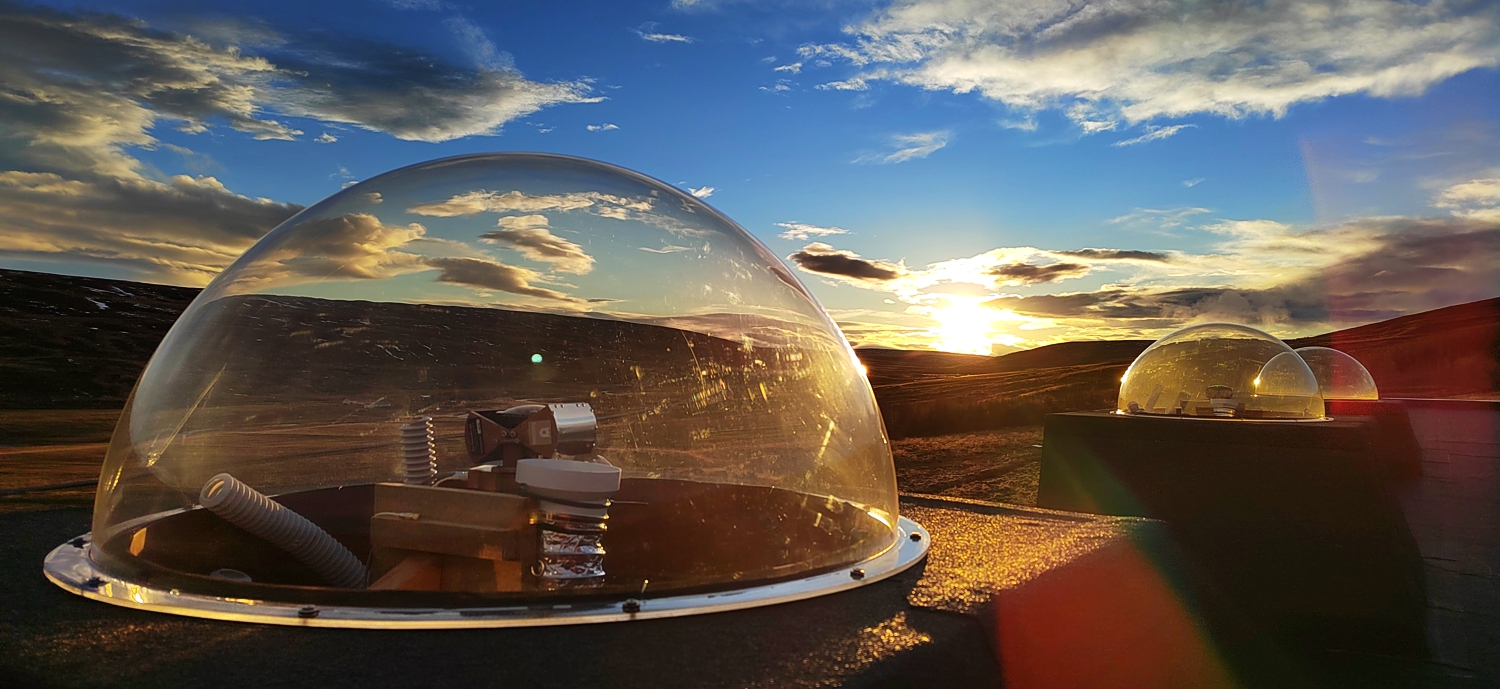An early bird fee is now available for those who register before August 10th for the International Symposium on Auroral Physics (ISAP) - Register here!
The Symposium will be held from 2nd October to 6th October 2023, at the China-Iceland Arctic Scientific Observatory (CIAO) in Iceland. The theme of the conference mainly involves exchanging the latest research results on the effect of auroras on Earth and other planets.
October is a busy season in Iceland so it is highly recommended to register and confirm hotel choices a.s.a.p.
Conference Theme:
The auroras are an amazing universal phenomenon, widely existing at solar system planets and particularly those with global magnetic fields and atmospheres, e.g. Earth, Jupiter, Saturn, Neptune, and Uranus. It is believed to be powered by the interaction of the solar wind with the planetary system and produced through the collision of precipitating charged particles and the upper atmosphere.
There are still, however, crucial gaps in our knowledge about the physical mechanisms and dynamic processes of the various types of auroras, for instance, the acceleration mechanisms of precipitating electrons for discrete auroras, the mechanisms responsible for pitch angle scattering of electrons and protons responsible for diffuse aurora, the physical processes related with the spatiotemporal structuring of the discrete and diffuse aurora, and so on. The developments of aurora observations have promoted the explanations of this auroral phenomenology, but they often fall short in key aspects and lack a unified theoretical framework.
Meeting organizers:
The conference is organized and hosted by the CIAO, the ScienceInstitute, the University of Iceland, the Arctic Portal, and the Aurora Observatory, guided by the Polar Research Institute of China (PRIC) and the Icelandic Centre for Research (RANNIS).
Call for abstracts:
Contributions on all aspects of auroral physics, including auroral morphology, auroral instruments, auroral acceleration region, auroras in the planetary system, auroral particles precipitation, wave-particle interaction related with auroras, substorms and storms auroras and beyond are invited. Please submit your abstract to
For further information and registration please visit www.ciao.is


